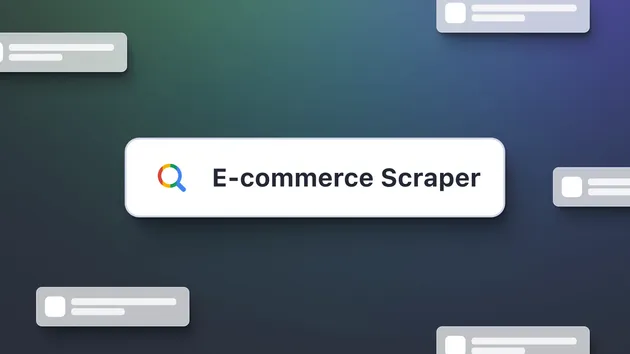SIGNL4 Alerting
Pricing
Pay per usage
SIGNL4 Alerting
SIGNL4 notifies through persistent mobile push, SMS text and voice calls with acknowledgement, tracking and escalation. Integrated on-call duty and shift scheduling ensures the right people are alerted at the right time.
Pricing
Pay per usage
Rating
0.0
(0)
Developer

Ronald Czachara
Actor stats
1
Bookmarked
6
Total users
1
Monthly active users
2 years ago
Last modified
Categories
Share




